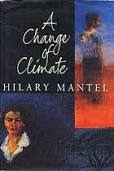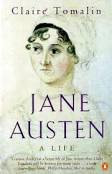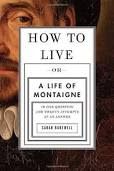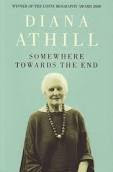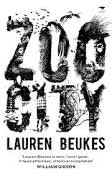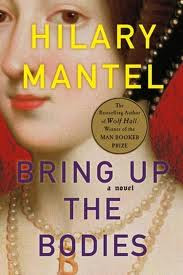This year is a sad comedown on last. I’ve only read 49 books. However, looking back on the list there was still much to delight. My favourite books of the year:
PORTNOY’S COMPLAINT by Phillip Roth: a horrifying and hilarious meditation on a young man’s life, mostly as it concerns masturbation
A CHRISTMAS CAROL by Charles Dickens: how did I live this long without ever reading this?
THE WAY WE LIVE NOW by Anthony Trollope: it’s so absorbing, it’s like an anaesthetic for your actual life.
I also enjoyed non-fiction for perhaps the first time ever this year: highlights include STANLEY by Time Jeal and THE GUN by CJ Chivers.
There was little that was dire, but I must mention the horrible BLIND ASSASSIN, by Margaret Atwood. It was totally humourless and utterly forgettable. So forgettable I really can’t tell you want the plot was.
In other bad news I only managed 34% female authors. Gender traitor!
I have put this post together in two minutes, as I am leaving the for the airport, but wanted to post on the last day of this lovely year; but I quite enjoyed glancing at old posts, and meeting myself; it’s like seeing a stranger you only sort of remember.
1 THE MAPLES STORIES by John Updike
2 RICH DAD, POOR DAD by Robert Kiyosaki
3 O PIONEERS! by Willa Cather
4 A COLOSSAL FAILURE OF COMMON SENSE by Lawrence McDonald
5 THE CATCHER IN THE RYE by JD Salinger
6 ROBINSON CRUSOE by Daniel Defoe
7 THE BLIND ASSASSIN by Margaret Atwood
8 THE PRIME MINISTER by Anthony Trollope
9 THE SLAP by Christos Tsiolkas
10 THE JOY LUCK CLUB by Amy Tan
11 GEORGE PASSANT by CP Snow
12 TIME OF HOPE by CP Snow
13 THE SADDEST STORY by Ford Maddox Ford
14 AMERICAN PASTORAL by Philip Roth
15 THE QUIET AMERICAN by Graham Greene
16 A CHRISTMAS CAROL by Charles Dickens
17 THE GUN by CJ Chivers
18 AN EDUCATION by Lynn Barber
19 A PASSAGE TO INDIA by EM Forster
20 STANLEY: AFRICA’S GREATEST EXPLORER by Tim Jeal
21 NIGHTMARE ABBEY by Thomas Love Peacock
22 THE VICAR OF WAKEFIELD by Oliver Goldsmith
23 ANY HUMAN HEART by William Boyd
24 THE WAY WE LIVE NOW by Anthony Trollope
25 LOVE IN A COLD CLIMATE by Nancy Mitford
26 THE BLESSING by Nancy Mitford
27 THE PURSUIT OF LOVE by Nancy Mitford
28 THE RADETZKY MARCH by Joseph Roth
29 MEMOIRS OF A DUTIFUL DAUGHTER by Simone de Beauvoir
30 COMMUTERS by Emily Gray Tedrowe
31 BLOOD MERIDIAN by Cormac McCarthy
32 A PRIMATE’S MEMOIR by Robert M Sapolsky
33 CREATION: DARWIN, HIS DAUGHTER AND HUMAN EVOLUTION by Randal Keynes
34 THE LINE OF BEAUTY by Alan Hollinghurst
35 THE WORLD ACCORDING TO GARP by John Irving
36 THE AGE OF INNOCENCE by Edith Wharton
37 THE STORY OF AN AFRICAN FARM by Olive Schreiner
38 THE NAKED CIVIL SERVANT by Quentin Crisp
39 A CHANGE OF CLIMATE by Hilary Mantel
40 JANE AUSTEN: A LIFE by Claire Tomalin
41 ETHAN FROMME by Edith Wharton
42 CRANFORD by Elizabeth Gaskell
43 FAREWELL by Balzac
44 HOW TO LIVE: A LIFE OF MONTAIGNE by Sarah Bakewell
45 SOMEWHERE TOWARDS THE END by Diana Athill
46 ZOO CITY by Lauren Beukes
47 BRING UP THE BODIES by Hilary Mantel
48 JOY by Jonathan Lee
49 HOPE: A TRAGEDY by Shalom Auslander

